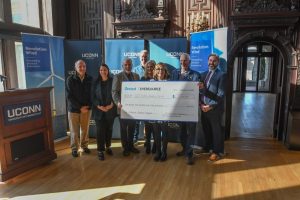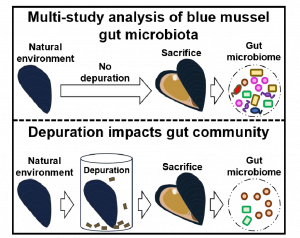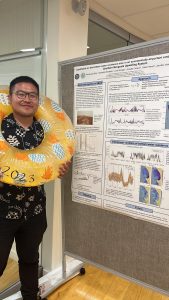A group of researchers at DMS joined together under Sandra Shumway and Evan Ward, critically reviewed 750+ publications on microplastics and molluscs in the field and laboratory. This incredible effort has resulted in a thoughtful review of the cluttered scientific literature. Many studies on suspension feeding molluscs and microplastics have perpetuated inaccurate findings based on inappropriate methodologies, poor animal husbandry, and misinterpreted results. All of these false conclusions have caused a damaging narrative for the shellfish industry, raising concerns about the safety of eating shellfish. While microplastics are ingested by shellfish, microplastics in molluscs are extremely low globally as these animals are capable of selective capture, ingestion, and egestion of particles. In reality, the number of microplastics inhaled and consumed by humans in everyday life far outweighs the number of microplastics found in shellfish. Recommendations were provided for future studies in both the field and laboratory that will prevent researchers from falling into the pitfalls discussed in this review. This review is presented from the perspective of experts on shellfish physiology and represents the opinions of, and assessments made by, the authors. The authors hope this review can be used as a starting point for those interested in furthering this field of research with thoughtful experimental questions. Link to the article.




